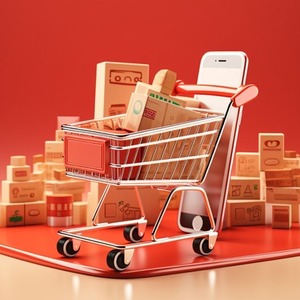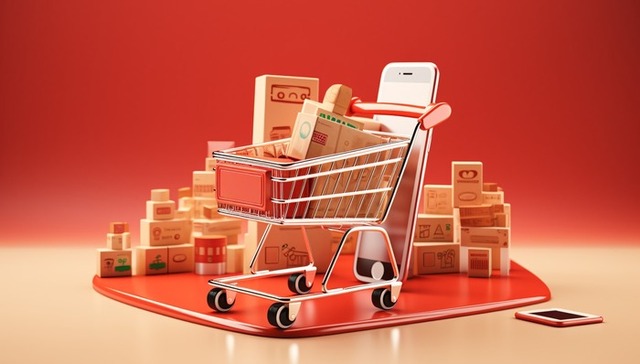by Fang Zhuoran
Shanghai welcomed 301 new flagship stores from January to April 2025, including seven global or Asia-first locations and 41 national or mainland-first outlets, according to the city’s commerce commission. The update came at a briefing on new customs measures aimed at accelerating the entry of first-release imports.
As China’s top import hub, Shanghai is advancing its “first-launch economy” with a new round of regulatory upgrades that ease clearance for high-profile product debuts.
The latest “First-Launch Shanghai 3.0” policy introduces three new measures and seven extended ones, two of which focus on faster, lower-friction import procedures.
“These reforms expand coverage, tailor approaches by use case, and strengthen inter-agency coordination,” said Pan Xiaoyi, director at Shanghai Customs.
Key changes broaden eligible categories from single items to full lines of apparel, toys, tableware, electronics, and more—including global debuts, limited editions, and premium brand launches.

A new tiered clearance system allows small batches (under 20 items) and non-retail showpieces to clear on supplier guarantees. Larger shipments can be fast-tracked with certified third-party test reports, avoiding redundant checks.
Authorities have also launched a whitelist system backed by risk-assessment support, targeting key brands and product lines for streamlined clearance.
“The policy now covers exhibitions, showcases, retail launches, and new products,” said Pan. “It offers full-cycle support for international brands entering the China market.”
So far, 14 multinational firms with 20 brands have joined the whitelist, involving over 20,000 first-release products.
In 2024, Shanghai processed more than 500,000 consumer goods import batches, over half the national total. In Q1 2025, imports of categories like apparel and toys exceeded 5 billion yuan. The new measures are expected to cut average clearance times by over 80%, with some products clearing up to two weeks faster.
Early adopters include UK-based plush toy brand Jellycat and Finnish homeware company Fiskars.
“We’ve already cleared most of our first batch,” said Kong Ying, sales ops director at Jellycat. “The policy lowers costs and supports our local rollout plans. China is one of our biggest global markets. Of the roughly 200 new products we launch annually, some are developed specifically for or debut in China.”
Fiskars China CFO Qiu Jun said non-destructive testing is a game changer for large, fragile items. “Our high-end porcelain is bulky and expensive. The ability to inspect without damaging the product significantly lowers our costs,” she said. The company is now planning to increase imports under its Wedgwood and Royal Copenhagen brands.
“In today’s highly competitive market, speed is efficiency, and efficiency is competitiveness,” she added. “Faster customs clearance helps us meet consumer demand more quickly and improves both market responsiveness and customer satisfaction.”





